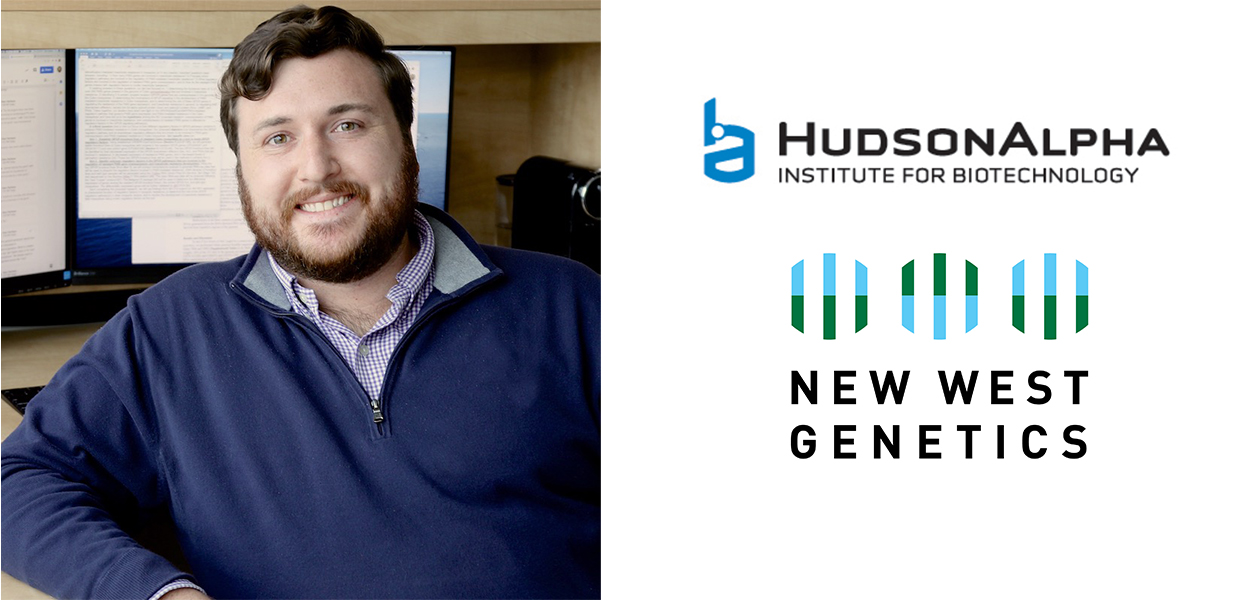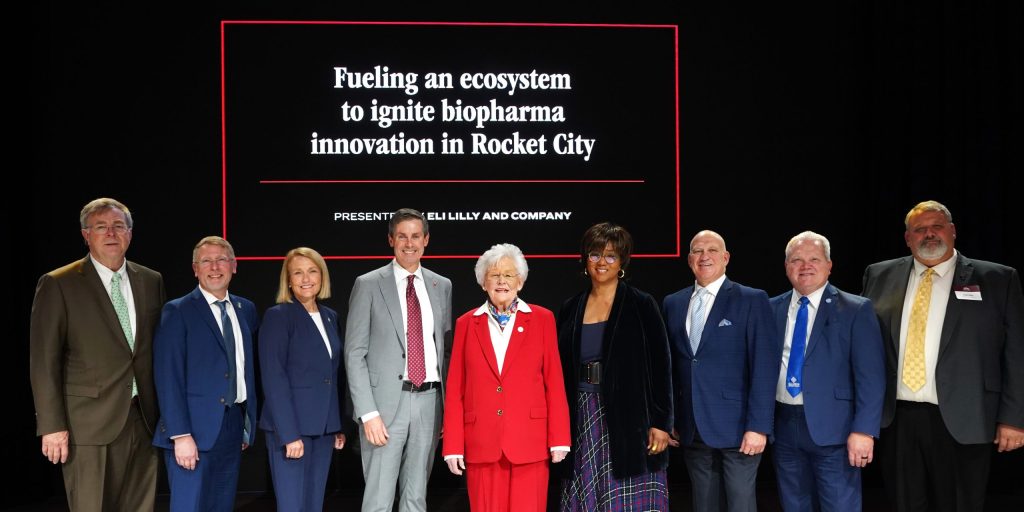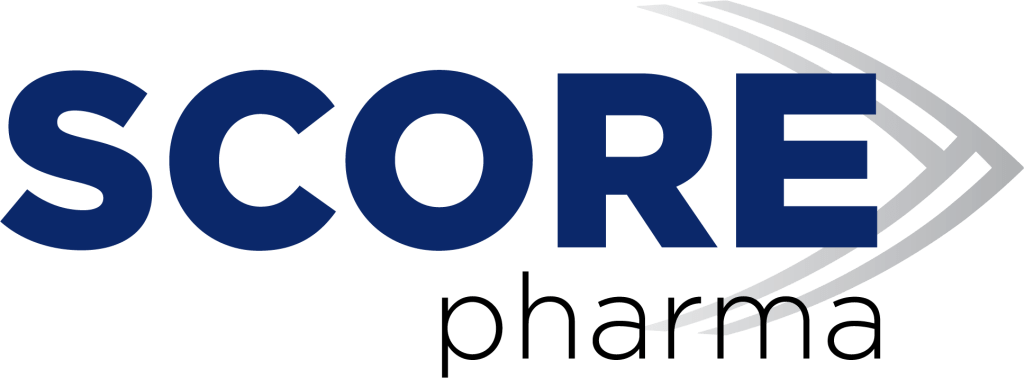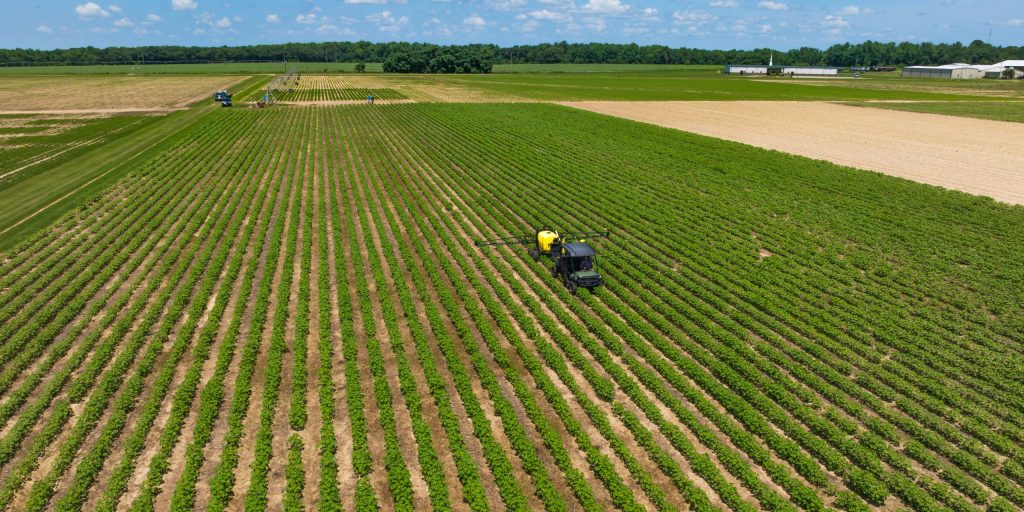HUNTSVILLE — No, they are not growing marijuana at the HudsonAlpha Institute for Biotechnology.
Instead, HudsonAlpha plant biologist Dr. Alex Harkess is collaborating with New West Genetics to find ways to unlock the full potential of cannabis sativa or industrial hemp, a botanical cousin of marijuana that contains very low levels of tetrahydrocannabinol, the psychoactive compound that produces a “high” when consumed.
He is using a National Science Foundation CAREER grant and collaborating with New West Genetics who was recently awarded a U.S. Department of Agriculture National Institute of Food and Agriculture grant. The two are combining to help change the future of food and fiber crops using the versatile plant, which has been used for centuries in a wide variety of purposes
Industrial hemp has been cultivated for centuries as a source of industrial fiber, seed oil, food, and medicine. It is widely used in industrial applications due to its long and durable fibers that make it ideal for textiles, building materials, bioplastics, and animal bedding to name a few.
Additionally, hemp seeds are a valuable grain/oilseed crop, offering high levels of protein, healthy fats, and essential nutrients. It is most comparable to soy, though its oils are much more nutritious.
Since hemp was commercially legalized in all 50 states with the passage of the 2018 Farm Bill, ever-increasing data is being published on the higher sustainability marks hemp achieves, with its deep, massive root structure sequestering more carbon than typical row crops and its need for lower inputs and greater drought and pest resistance.
Much of the global food production relies on the pollination of flowers to produce fruits that are eaten and used to produce further progeny.. This process is not as straightforward as it sounds because some flowers contain only male or female reproductive organs while others are hermaphrodites that contain both. Some can even switch sexes.
Understanding this complex phenomenon is imperative for crop breeding programs that are looking to create food and fiber crops better adapted to changing environmental pressures. This is especially true in crop species where one plant sex is more valuable than the other, like female hops that produce cones used in the beer industry, male asparagus plants that live longer in fields, and hermaphroditic papaya fruits that taste better than female fruits.
Harkess is playing a critical role in characterizing sex chromosomes and sex-determining genes across every order of flowering plants. He has only concretely defined it in five plant species of asparagus.
He seeks to build five high-quality hemp genomes that will be used to identify and analyze hemp sex chromosome pairs.
New West Genetics, a global leader in creating premium, stable hemp seed genetics that are trait enhanced for sustainability, food, feed, and fiber applications, has built a commercial-scale breeding program across the US and Canada, applying prior experience from crops like hybrid canola, maize, sorghum, and wheat to combine traditional breeding, modern genomics, and agronomic expertise to create non-GMO, proprietary hemp seed bred for multiple markets.
Hemp seed oil, rich in omega-3 and omega-6 fatty acids, can be used in various edible oil and protein products. This outstanding oil profile, coupled with NWG’s AMPLIFY trait, makes it an economically viable candidate for sustainable fuels.
NWG AMPLIFY is the first commercial, scalable hemp hybrid. It genetically skews the sex ratio from its average ancestral ratio of 50:50 female to male to a 90:10 female-to-male ratio. This shift, together with hybrid vigor, results in double the amount of grain and flower yield and more vigor and uniformity overall.
“NWG AMPLIFY changes the economic dynamics of hemp production, particularly for the grain side,” said Wendy Mosher, New West Genetics CEO. “With double yields of healthy lipids and proteins, we can compete with the economics of soy but with greater carbon sequestration.
“AMPLIFY enables farmers, ingredient manufacturers, and sustainable fuels processors to adopt a new rotational option that is a much more preferred product by today’s consumers, who express strong preferences for the nutritional value and sustainability of the food they consume.”
Through their recently awarded USDA NIFA grant, Harkess’ lab developed a pipeline called Cytogenetics-by-Sequencing to more easily and inexpensively identify and characterize sex chromosomes in plants. They have successfully used the CBS pipeline on nearly 30 dioecious plants, and some animal species.
“Separate male and female sexes have evolved hundreds if not thousands of times in plants, and finding the genes that control sex determination is so challenging because most plants do it very differently from each other,” said Harkess. “These genes are found on sex chromosomes, which are also the most challenging chromosomes to sequence and assemble in plants.
“However, with HudsonAlpha’s historical expertise in plant genome sequencing, we are now able to reveal the full complexity of sex chromosomes in species like hemp and finally narrow in on the genes that control this agriculturally and economically valuable trait.”
Using CBS to interrogate the hemp sex chromosomes will allow Harkess and his lab to identify the master sex determination genes in hemp, which can be modified to control sex and increase the proportion of female plants, leading to a higher yield of fiber, oil, and protein.
In other words, breeding more female hemp plants will increase the yield and quality of hemp fiber, grain, and oil crops, making it a sustainable and valuable crop for farmers and consumers alike.
“Gaining greater understanding of the genomic basis for gender will be a powerful tool for improving the germplasm,” said John McKay, NWG CTO, and professor of plant genetics at Colorado State University. “We also are curious to see if these discoveries could be instructive for male/female breeding targets in other species, both plant and animal.
“Working with HudsonAlpha on this grant will be exciting and result in quality research with solid commercial applications.”
This work is supported by the USDA National Institutes of Food and Agriculture.











